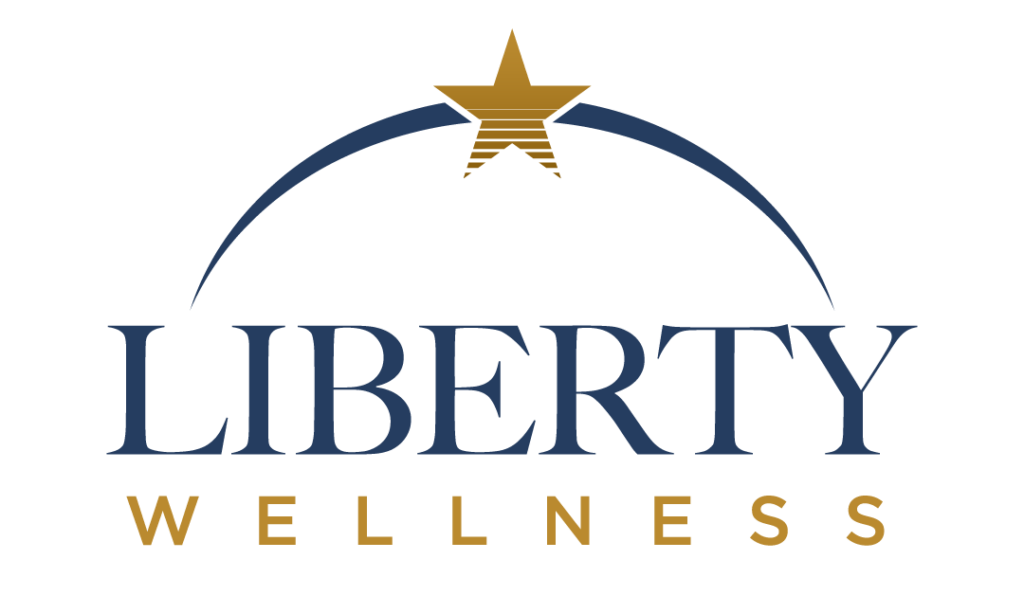Mental health and addiction are two complex issues that often intertwine, profoundly impacting an individual’s overall well-being. Mental health refers to a person’s emotional, psychological, and social well-being, while addiction is a chronic disease characterized by compulsive substance use despite harmful consequences. In this article, we will delve into the connection between mental health and addiction, exploring the consequences they have on one another and emphasizing the importance of addressing both issues for effective treatment and recovery.
Liberty Wellness is a holistic treatment facility designed to provide the support and necessary means for a successful recovery from substance abuse. Our NJ addiction treatment center also directly works with individuals struggling with their mental health. Our clients can receive the care necessary for a successful recovery and long-term sobriety through dual diagnosis treatment programs.
Learn more about the link between mental health and addiction by speaking with a treatment specialist at Liberty Wellness today.
Understanding the Connection: Mental Health and Addiction
It is essential to recognize that mental health and addiction are closely linked. People with mental health disorders are more vulnerable to developing substance abuse problems, and those with addiction are more likely to experience mental health issues. This connection can be attributed to various factors, such as genetics, brain chemistry, and environmental influences. Understanding this relationship is crucial to provide comprehensive care for individuals struggling with mental health and addiction.
Common Co-occurring Disorders
Co-occurring disorders, also known as dual diagnosis, refer to the presence of a mental health disorder and a substance use disorder in an individual. This is common, as people with mental health conditions often turn to drugs or alcohol to self-medicate. Some common co-occurring disorders include depression and alcoholism, anxiety disorders and cocaine addiction, and bipolar disorder and prescription drug abuse. Recognizing and addressing these co-occurring disorders is vital for successful treatment.
The Impact of Mental Health on Addiction
Mental health issues can significantly contribute to the development and progression of addiction. Conditions such as depression, anxiety, and post-traumatic stress disorder (PTSD) can lead individuals to use substances to cope with their symptoms. Substance abuse may temporarily alleviate these symptoms, providing a sense of relief or escape.
However, this short-lived relief can lead to a vicious cycle of dependence and addiction. Addressing the underlying mental health issues is crucial to treat addiction effectively.
The Impact of Addiction on Mental Health
On the other hand, addiction can have severe consequences on an individual’s mental health. Prolonged substance abuse alters brain chemistry and can lead to developing or worsening mental health disorders. Substance abuse can exacerbate symptoms of anxiety, depression, and psychosis, making it even more challenging for individuals to recover. Moreover, the lifestyle associated with addiction, such as social isolation, financial difficulties, and legal problems, can further contribute to mental health deterioration. Recognizing the impact of addiction on mental health is essential for providing appropriate treatment and support.
Dual Diagnosis Treatment: Addressing Both Mental Health and Addiction
Dual diagnosis treatment is a comprehensive approach that addresses mental health and addiction. It recognizes the interconnected nature of these issues and provides integrated care to promote holistic recovery. It involves a combination of therapies, including individual counseling, group therapy, medication management, and support groups. By addressing both mental health and addiction, individuals have a higher chance of achieving long-term sobriety and improved mental well-being.
The Benefits of Integrated Treatment
Integrated treatment, which combines mental health and addiction treatment, offers several benefits. Firstly, it ensures that individuals receive a comprehensive evaluation to identify any co-occurring disorders, allowing for a more accurate diagnosis and tailored treatment plan.
Secondly, integrated treatment provides a seamless transition between mental health and addiction services, eliminating the need for individuals to navigate multiple treatment systems. This approach also promotes collaboration among healthcare professionals, fostering effective communication and coordination of care. Ultimately, integrated treatment improves outcomes by addressing the root causes of addiction and mental health issues.
Breaking the Stigma: Advocating for Mental Health and Addiction Awareness
One significant barrier to seeking help for mental health and addiction is the stigma associated with these conditions. This stigma creates shame, fear, and discrimination, preventing individuals from seeking support. Breaking the stigma is crucial to promoting awareness, education, and empathy. We can encourage individuals to seek help, reduce barriers to treatment, and improve our communities.
Prioritizing Mental Health and Addiction Treatment
The link between mental health and addiction is undeniable, and the consequences for well-being are significant. At Liberty Wellness, we work with clients to improve their mental and physical health through traditional and holistic treatment processes. Our therapeutic approach to addiction treatment and mental health support provides clients with multiple avenues for success. Liberty Wellness is a drug and alcohol rehab center that can help. Learn more today.




